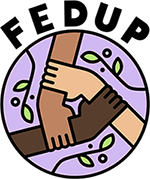Treating the LGBTQIA+ Community
With 35% of our adult clients being part of the LGBTQIA+ community and nearly a third of our adolescent clients self-reporting as LGBTQ+, providing inclusive and affirming care is important to us. In our research, the prevalence of PTSD was significantly higher in LGBTQ+ individuals than in non-LGBTQ+ individuals (63% v. 45%), therefore providing trauma-integrated care is particularly critical for this segment of our community.
In fact, LGBTQ+ youth who have been diagnosed with an eating disorder reported nearly four times greater odds of attempting suicide in the past year compared to those who never had, or suspected they had, an eating disorder, according to The Trevor Project.
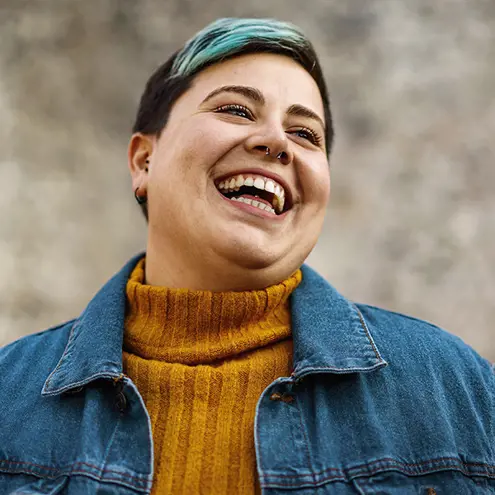
Culturally sensitive & affirming treatment.
At our higher levels of care we work to ensure a homelike setting where clients can bring their whole selves. And we’re thoughtful around discharge planning, ensuring clients are connected to affirming care whether that’s through our programs or other like-minded providers.
We recognize that there is more that can be done to create safe and welcoming spaces, but a few ways that we ensure inclusive and affirming care for the LGBTQIA+ community include:
- Appropriate use of pronouns
- Honoring chosen or updated names
- Nutrition counseling that supports gender-affirming medical interventions
- Body image care that acknowledges gender dysphoria
- All gender bathrooms at many programs
- Mindful rooming options at our inpatient and residential programs
- Rainbow Road virtual PHP and IOP is our dedicated specialty day treatment program for the LGBTQIA+ community by LGBTQ+ clinicians
- Regular staff trainings to ensure we are providing care that encourages our clients to bring their whole selves to treatment
As a company, we plan to add more gender inclusive restrooms across our programs, continue to recruit a diversity of clinicians and team members who identify with the communities in which we serve, and bring in leading experts to train our staff and inform our programming on evolving approaches to care and varied perspectives so that we can continue to grow as providers.
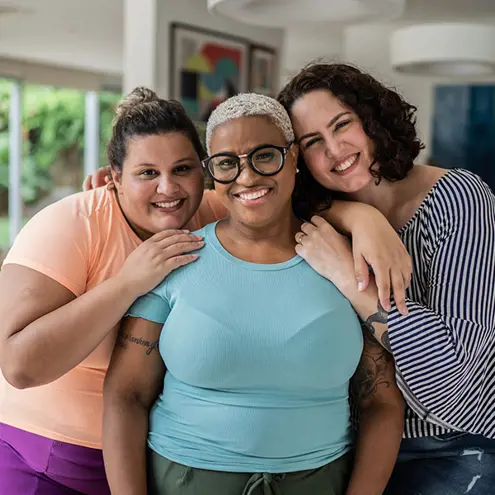
Health at Every Size (HAES) Informed Care
We provide HAES (Health at Every Size) informed care because we know that healthy, recovered people come in all shapes and sizes. This is evident across our programs through:
- Behavior focused, rather than weight focused philosophies
- Recognition that all bodies deserve to be nourished and experience satiety
- Furniture and accessibility for all body sizes including elevators and ramps at many programs
- Openness and accessibility of our kitchens and foods in a homelike setting
- Ability to request and be provided more food for nourishment and/or satiety and provide culturally appropriate foods
- Belief that weight loss attempts and focus are contraindicated for recovery from all eating disorder diagnoses
- Addressing the AAP’s harmful guidelines around weight loss medications and bariatric surgery and continue to partner with colleagues and advocacy organizations to actively engage the AAP and request the guidelines be changed
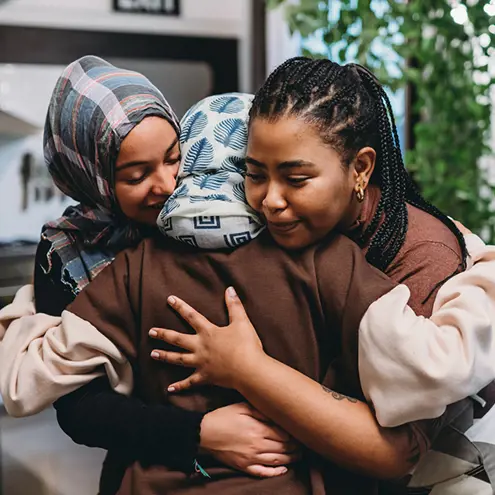
Treating the BIPOC Community
We recognize that Black, Indigenous, and People of Color (BIPOC) experience ongoing discrimination, oppression and inequities that can contribute to mental health challenges and experiences of trauma.
Research indicates that Black Americans are more likely to report serious psychological distress than are White Americans, yet they are less likely to use mental health services. When it comes to eating disorders, BIPOC are significantly less likely than white people to have been asked by a doctor about eating disorder symptoms. And BIPOC with eating disorders are half as likely to be diagnosed or to receive treatment.
This shows in our data, which supports that 10% of our clients identify as BIPOC and approximately 14% identify as Hispanic.
While our work toward greater equality and access among BIPOC continues, we can still recognize the positive steps we're making at Monte Nido & Affiliates by:
- Researching the effectiveness of our outcomes within the BIPOC community
- Continuing training all clinicians on providing culturally-affirming treatment in BIPOC
- Recruiting candidates from a broad variety of sources and diverse channels (e.g. Circa diversity job board)
- Partnering with Project Heal, an organization working to break down systemic, healthcare, and financial barriers that many people face when seeking eating disorder treatment
- Sponsoring educational events such as the BIPoC Eating Disorders Conference and Project Heal’s InformED Conference
Advocacy Work
We advocate for systemic change through partnerships and legislative initiatives because there is power in collecting our voices to champion for change.

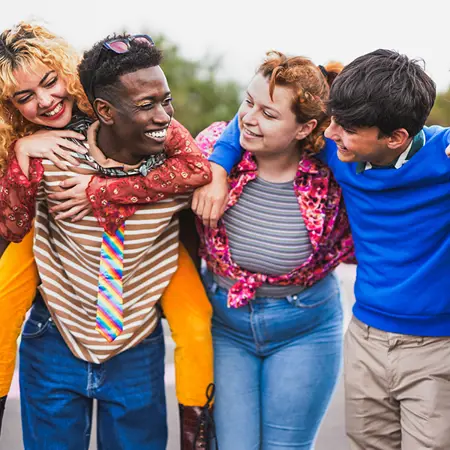

 We are proud to partner with
We are proud to partner with 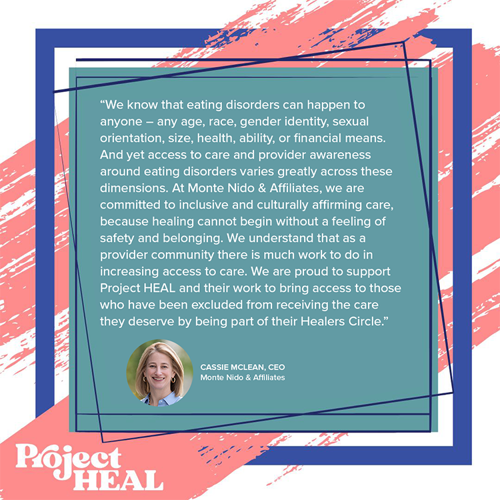
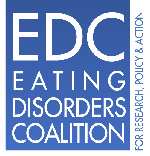 Monte Nido & Affiliates is an active member of the
Monte Nido & Affiliates is an active member of the